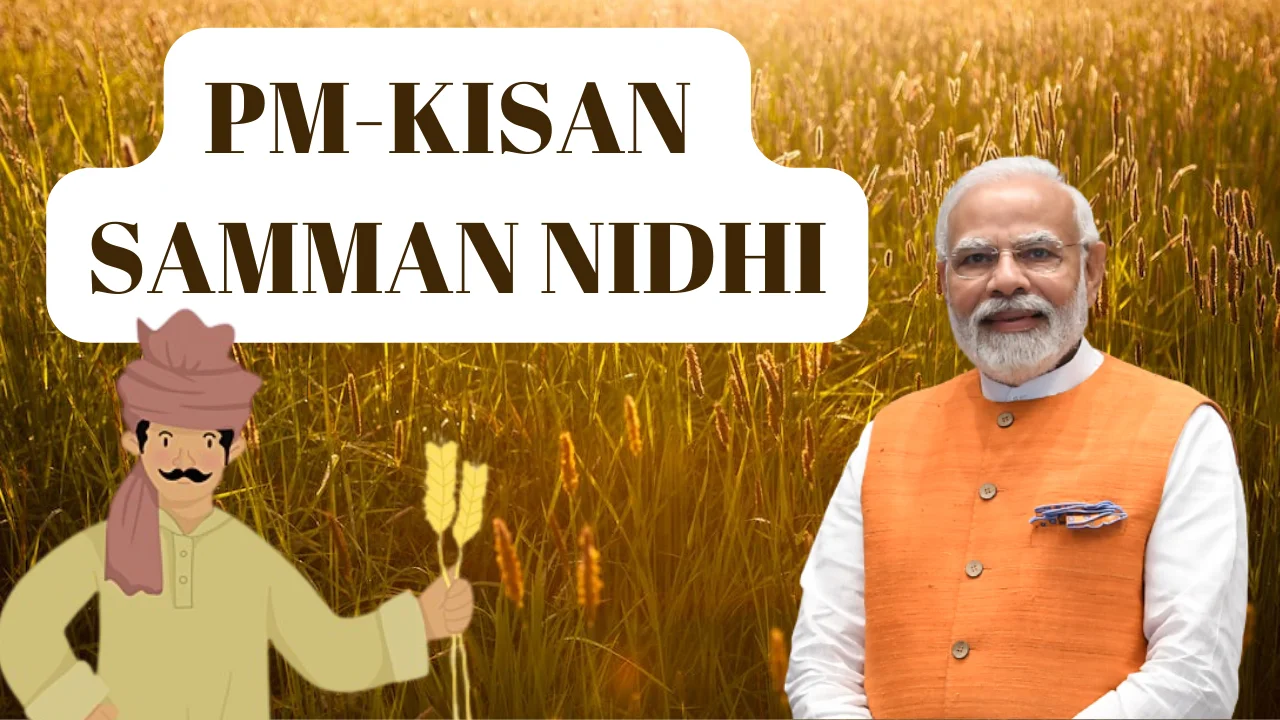PM Kisan Nidhi: Farmer Empowerment and Agriculture Strengthening
Introduction to PM Kisan Nidhi The Pradhan Mantri Kisan Samman Nidhi Yojana (PM-KISAN) is a flagship government initiative that provides financial assistance to farmers across India. This ambitious initiative, which was launched in 2019, has been essential in improving the livelihoods of millions of farmers and bolstering the agricultural economy.Continue Reading
